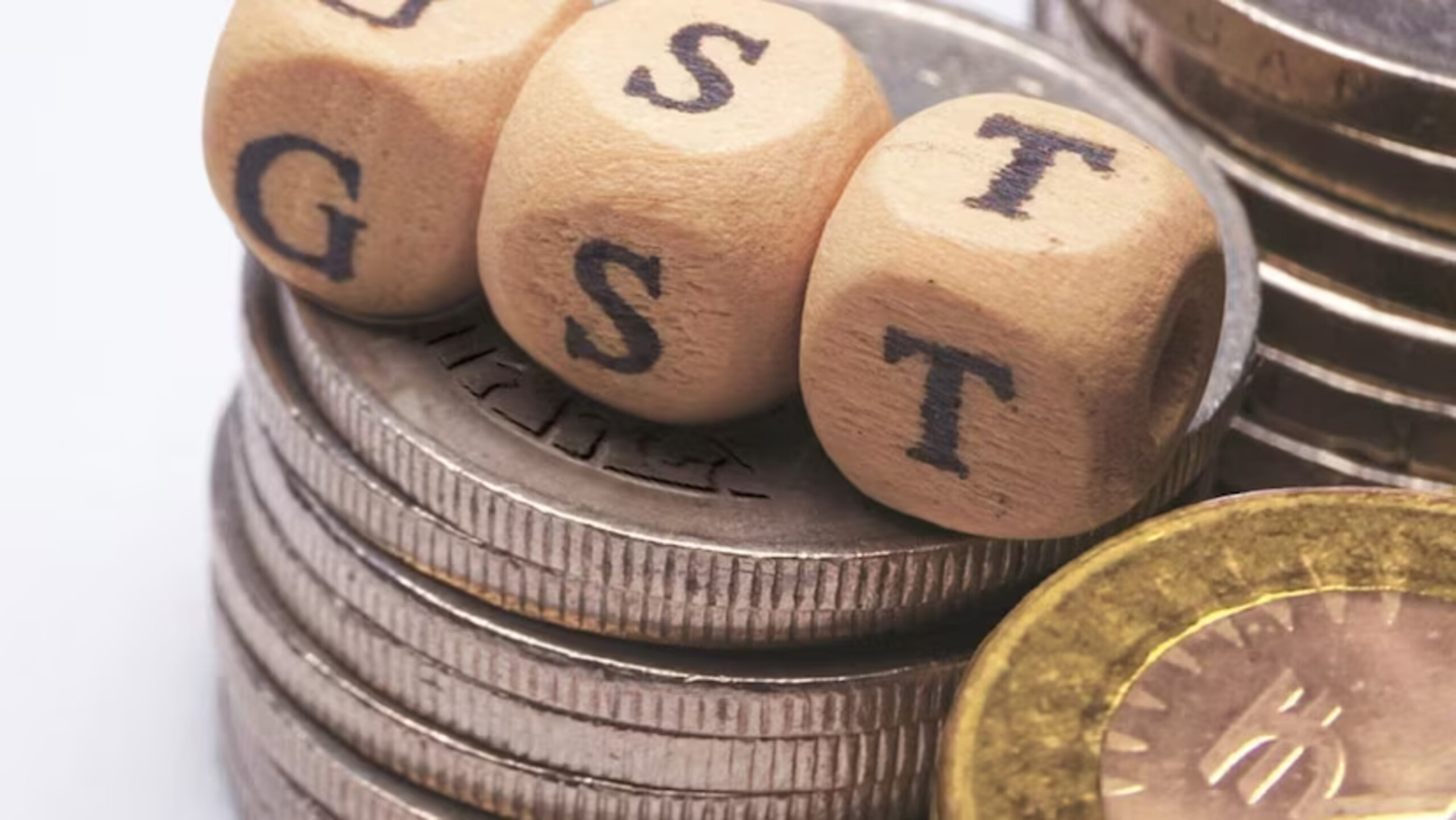The GST Council has decided to allow states the exclusive right to impose taxes on Extra Neutral Alcohol (ENA), a crucial ingredient in liquor production, while reducing GST on malt conversion and molasses. Get the latest updates on this taxation shift and its implications for the liquor industry and states’ autonomy.
In a significant development for the liquor industry, the Goods and Services Tax (GST) Council, in its 52nd meeting in the national capital, has decided to relinquish the right to tax Extra Neutral Alcohol (ENA), a critical ingredient in the production of alcoholic beverages for human consumption. This decision grants states the exclusive authority to impose taxes on ENA.
GST Council
However, it’s essential to note that neutral alcohol intended for industrial purposes remains within the purview of GST, attracting an 18 percent levy. Furthermore, the Council has specified that the process of converting barley to malt, regardless of its ultimate use, will now be subject to a 5 percent GST rate, a significant reduction from the previous 18 percent.
Finance Minister Nirmala Sitharaman, in her post-Council meeting media briefing, stated, “The GST Council has today ceded the right to tax the ENA, used for human consumption, to the States, keeping the issue of a healthy center-states relationship in mind. If the States want to tax it, they are welcome to do it.”
Sitharaman also referenced a judgment from the Allahabad High Court, which indicated that the state had lost its legislative competence to impose taxes on the sale of ENA. She clarified that the Council is not making a decision to tax it, although the authority to tax remains with the Council. The Council’s law committee will explore suitable amendments to exclude ENA for use in the manufacture of alcoholic beverages for human consumption from the ambit of GST, according to a statement issued after the meeting.
M.S. Mani, a partner at Deloitte India, praised the move, saying, “Ceding the right to tax ENA to the states despite the Allahabad HC decision speaks very highly of the cooperative federalism that GST has enabled.”
Other notable decisions made during the meeting include reducing the tax rate on molasses from 28 percent to 5 percent, a move aimed at benefiting sugarcane farmers, and reducing cattle feed costs. The Council has also implemented a zero tax rate for millet-based food preparations containing a minimum of 70 percent millets when sold loosely, while a 5 percent levy will apply to pre-packaged forms. Additionally, 2023 has been recognized as the International Year of Millets.
In a bid to support tourism, foreign vessels are now exempt from integrated GST for coastal runs. The Council also discussed changes in appointment rules for the forthcoming GST appellate tribunal (GSTAT), setting an age limit of 70 years for its president and 67 years for its members. The eligibility criteria for appellate tribunal members now include advocates with up to 10 years of experience, a move aimed at operationalizing the tribunal in the current fiscal year.
Furthermore, the Council clarified taxability issues related to personal guarantees offered by directors to banks and corporate guarantees provided for related parties. Personal guarantees will not be subject to tax, while there will be an 18 percent tax on 1 percent of the total loan amount in the case of corporate guarantees to related parties.
Addressing concerns raised by states regarding e-gaming and compensation cess, the Council clarified that taxes are not levied retrospectively on online gaming firms, and the law remains consistent, with a 28 percent GST charge for those involved in betting. The revenue department had issued tax notices to several prominent online gaming companies ahead of a new taxation regime for gaming firms that came into effect on October 1.
Finally, on the matter of compensation cess, prospective planning for cess collection will be discussed in the future, and there will be no talks regarding the extension of compensation to states, as clarified by Finance Minister Sitharaman.
also Read GST Council Meeting

[…] also read GST Council […]